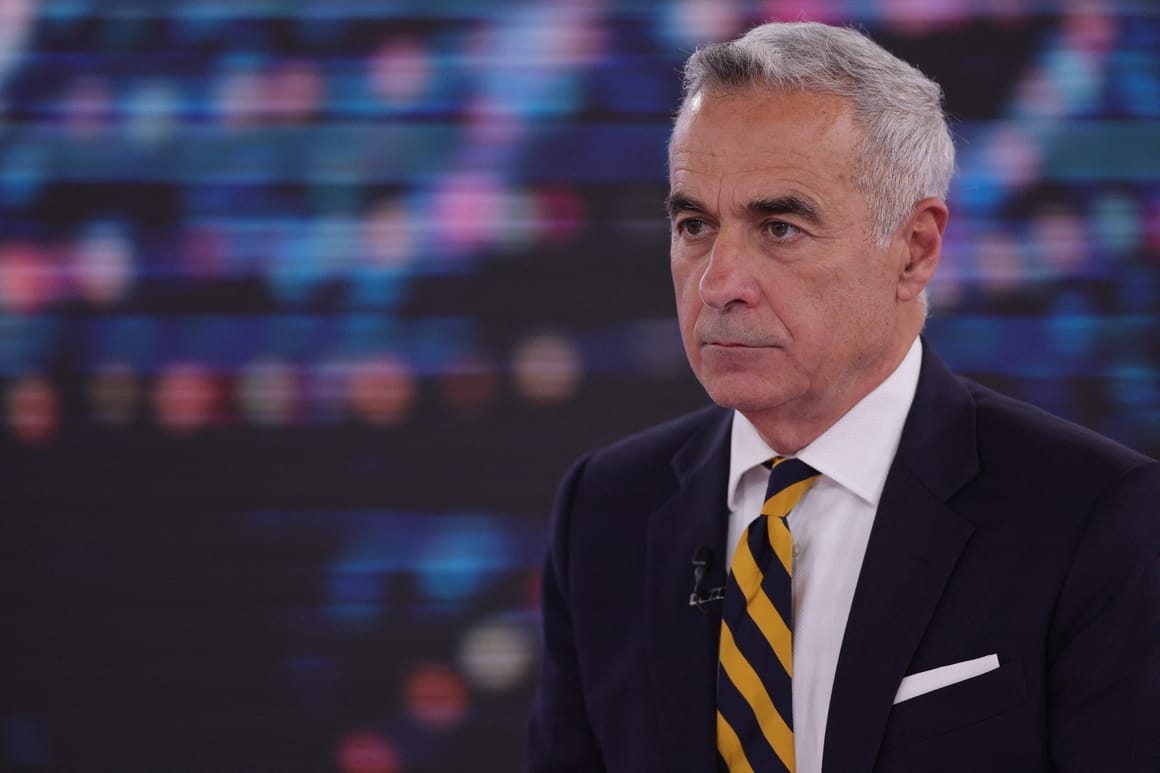NGOs Backing Judicial Coup in Romania Funded by USAID, State Department
American taxpayer money flows to think tanks backing the judicial ouster of a presidential candidate over flimsy "Russian disinformation" claims.
Five days ago, the Romanian high court, citing intelligence sources over alleged foreign disinformation influencing voters, annulled the country’s first-round presidential election results, which were won on Nov. 24th by populist independent candidate Calin Georgescu.
The intelligence report claimed that a “Russian hybrid attack” had boosted Georgescu's candidacy. The report, however, merely displayed charts showing popular TikTok and Telegram accounts promoting Georgescu and failed to show evidence of direct foreign meddling.
The move marked the first time a European Union member state has reversed a democratic election over a social media-related issue.
In virtually any other context, a judicial intervention to nullify a popular election result would be seen as a blatant assault on civil society and democratic norms.
Yet the decision was hailed by many members of Romanian civil society, who have opposed Georgescu because of his views, particularly over the Ukraine-Russia war. He has called Ukraine an “invented state,” said that Ukraine matters are "none of our business," and promised that he seeks a strategy of “peace with everyone, regardless of who they are.”
Such rhetoric has also alarmed U.S. and NATO officials. Romania is currently the staging ground for NATO training programs for Ukrainian pilots, and the country is hosting a construction project for what is set to be the largest NATO base in Europe.
The U.S., meanwhile, maintains its own sophisticated infrastructure of foreign influence over Romanian domestic political affairs, including groups that have shaped the unfolding crisis.
Think tanks and civil society NGOs funded by the U.S. – via USAID foreign aid programs, the National Endowment for Democracy (NED), and the State Department – have served as the most vocal voices championing the judicial coup.
"Faced with limited options, the Romanian government chose the least undemocratic way to mitigate the damage," wrote Oana Popescu-Zamfir, the president of the GlobalFocus Centre, a Bucharest-based think tank, in an analysis for the European Council on Foreign Relations. In the piece, she also hailed the mass arrest of Georgescu supporters.
Popescu-Zamfir argued that the next step must be social media regulation and for Romanian officials to prosecute “domestic perpetrators” while “also proving their connections to Russia.”



